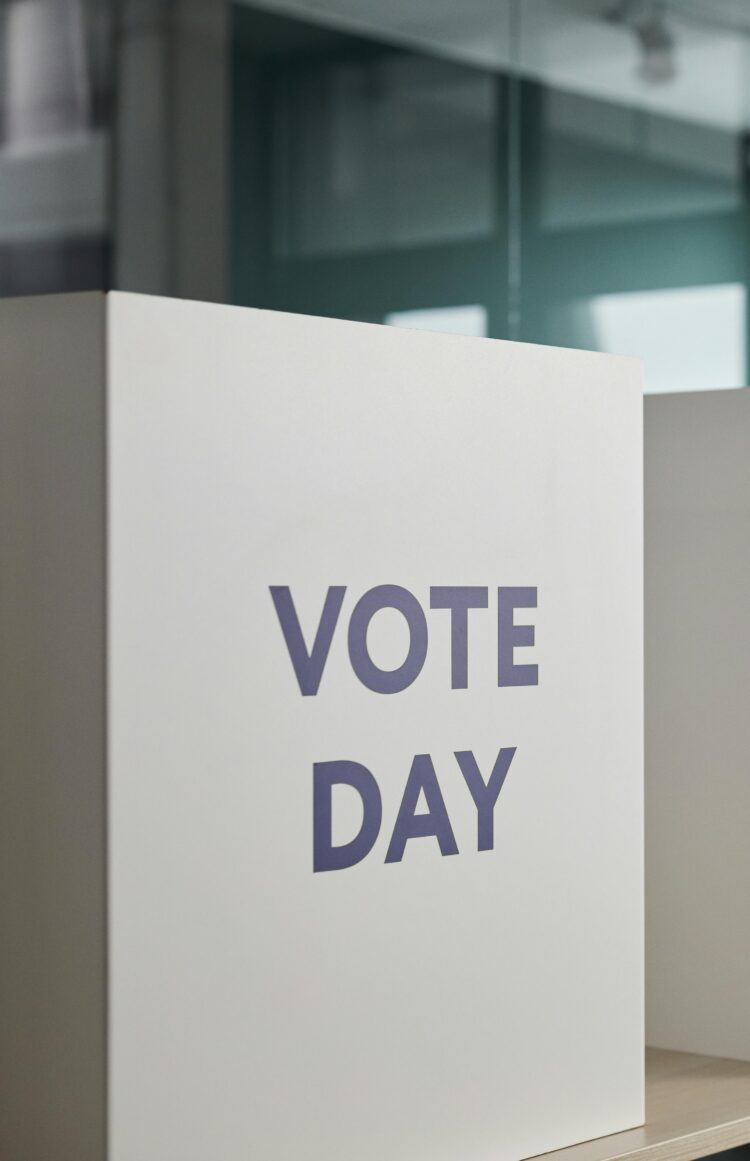The upcoming vote is historic opportunity to improve women’s representation in Dáil Éireann
Did you know that only 131 women have ever been elected to the Dáil since the foundation of the State? 1,214 men have been elected.
Since 1919, only 22 women have been appointed Ministers in Ireland. In that year, Countess Markievicz was the first woman to be appointed as a Minister in Europe and only the second woman in the world to hold a cabinet position.
There has never been a woman nominated as Taoiseach and no Finance Minister has ever been a woman despite imminently qualified female TDs since the formation of the state.
This year, an unprecedented 247 women have confirmed they will be contesting the General Election – a 53% increase compared to the 2020 General Election. It is the first General Election with a 40% candidate quota for men and for women in political parties, with at least two women candidates running in every constituency.
Ireland currently only ranks 104th globally in terms of female parliamentary representation and the National Women’s Council (NWC) has been loud in its encouragement of more female representation in our government.
Rachel Coyle, Head of Campaigns and Mobilisation with NWC said: “The record number of women running in this General Election shows that the gender quota is working, ensuring more women are on the ballot. This gives voters more choice. This election is a historic opportunity to change women’s abysmal representation of just 23% of elected TDs and ensure women can equally influence policies and legislation that will impact their lives.”
With 35 TDs stepping down and an increase in seats from 60 to 74, this election offers a rare opportunity to break the mould and reshape our national politics to better reflect the diversity of our society. For voters, this is a moment to carefully consider the new candidates and elect women and other feminist candidates who will bring more balance to the Dáil and advocate for the issues that matter to them.
Liliana Fernandez, Leadership Officer with NWC said: “Despite the historic opportunity that this election represents, women continue to face significant barriers when seeking political office. Candidate selection and party culture, care responsibilities and increasingly online abuse and violence are just some of the well documented challenges they must deal with and overcome. These barriers are compounded for women on low incomes, lone parents, rural women, Traveller women, migrant and disabled women.”
NWC has developed a Feminist Manifesto for the General Election 2024 outlining ten key asks for candidates and asking voters to check their candidates’ stance on these issues before voting on 29 November.
Click here to see a list of all candidates for the General Election by Dáil Constituency and here for a breakdown of male and female candidates in each party.

Political parties are full of promises around election time but it’s up to each and every one of us to decide what issues are most important to us and who we think we can trust to make it happen.
Here are the headline topics from the main party manifestos along with a link to each if you want to delve a little deeper.
Fine Gael
New Family Carer Payment
Fine Gael has said that carers ‘save the State billions every year’ and it has vowed to recognise their work and sacrifice if re-elected into government. Taoiseach Simon Harris is promising to introduce a new Family Carer Payment of €325 a week – up from the current cap of €248 – and get rid of the current means testing model. This means a couple could earn €2,500 per week and still qualify for the full carers allowance payment.
Read the full Fine Gael Manifesto here.
Fianna Fáil
Reduce Childcare Fees
Among their various policy areas, a key issue for Fianna Fáil is making childcare more affordable and accessible for families. Over the course of the next government, it plans to reduce childcare fees to €200 a month with an increase in the National Childcare Subsidy. The manifesto also states that it will establish a new National Childcare Price Register to ensure that there is transparency in fees for parent.
Read the full Fianna Fáil Manifesto here.
Sinn Féin
Abolish the Universal Social Charge (USC)
Sinn Féin plans to abolish the Universal Social Charge for the first €45,000 of people’s incomes. It will be removed for the first €30,000 of earnings in 2025 and increase to €45,000 in 2026.In order to do this, Mary Lou McDonald said there will be a rise in tax for those earning over €140,000. The party is also promising to deliver 30,000 homes over the next six years priced between €250,000 and €300,000.
Read the full Sinn Féin Manifesto here.
Social Democrats
Install a Government Accountability Office (GAO)
The Social Democrats have vowed to make the running of the Irish government more transparent with the introduction of a Government to Accountability Office to address how the public money is spent. They have described the outgoing government’s handling of funds as a ‘wanton waste’ of taxpayer money and have a range of measures planned “to restore trust and accountability in politics.”
Read the full Social Democrats Manifesto here.
The Green Party
‘Super Charge’ the Transport System
Green Party leader Roderic O’Gorman has said that it is ‘action that counts’ when it comes to climate change and ensuring the future for generations to come. His party have a €10 billion plan to “super charge” transport in Ireland, with €7bn of the Apple tax money and €3bn coming from other sources. As well as funding for Bus Connects and a start to construction of the Dublin Metrolink, Dart+, it is also proposing a ‘climate ticket’ for public transport to replace the ‘taxsaver ticket’.
Read the full Green Party Manifesto here.








